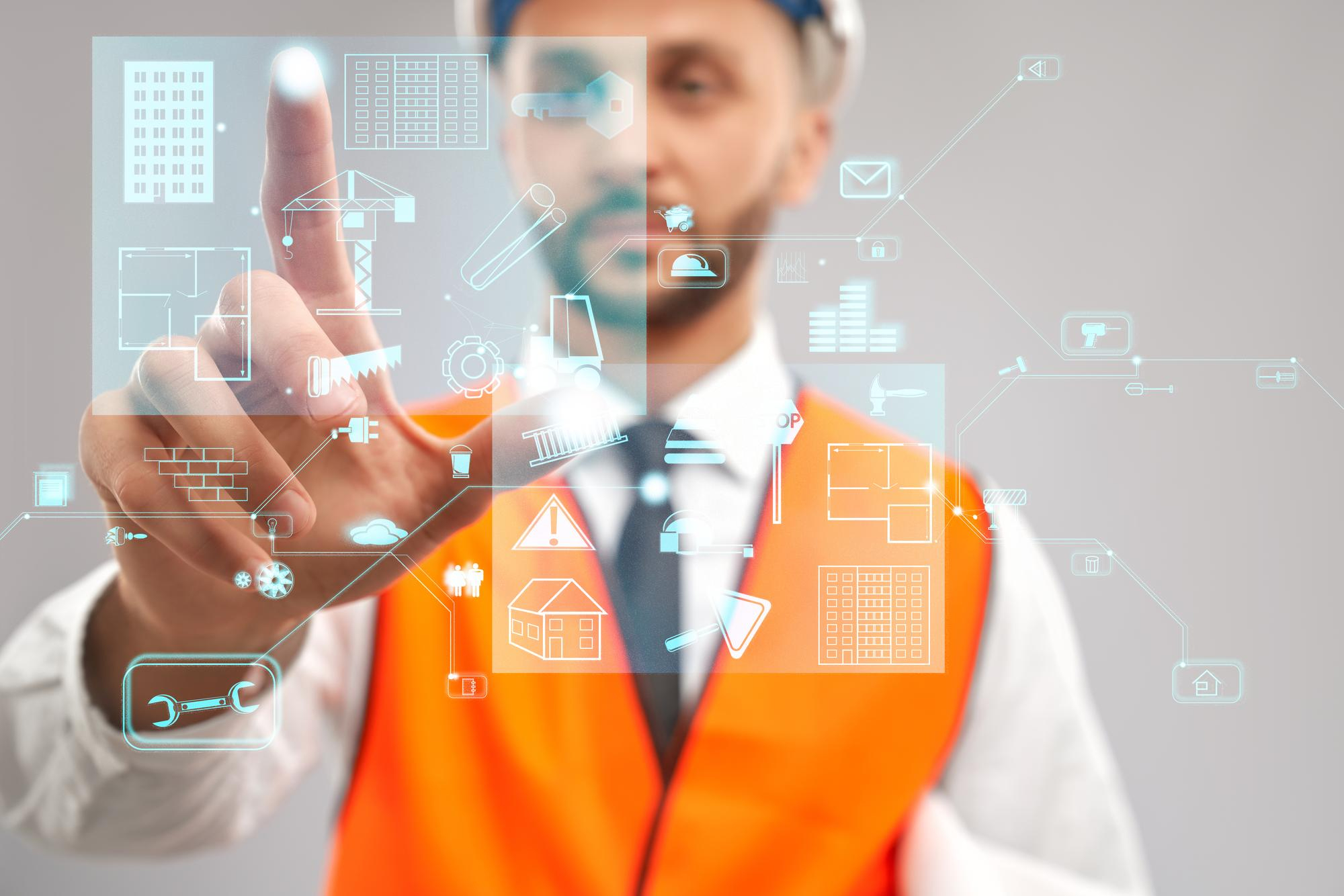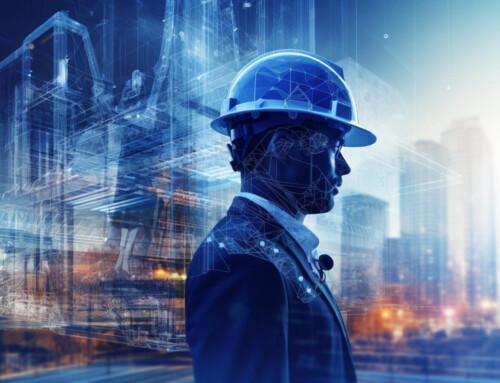The construction industry is quickly transforming with the introduction of Artificial Intelligence (AI), offering new prospects and efficiencies for contractors who understand its potential and risks. AI has dominated the headlines, especially with the release of ChatGPT, an AI-driven word-processing tool that has revolutionized how businesses approach various tasks.
AI in Decision Making: The Go/No-Go Process
One of the intriguing ways firms are utilizing AI is in the go/no-go decision-making process. Akshay Mahajan, executive vice president of AEC for Unanet, explained how AI could provide in-depth, objective insights into project viability. “In the go/no-go process, people look at data like client history, project value, location, and then use their data and imagination to assess,” Mahajan said. AI’s ability to bring a wealth of relevant data into this process can give a clearer direction, not just on whether to pursue a project but also how adjustments could improve the chances of success.
Mahajan added, “You can input past, current, and pursuit data into a machine-learning algorithm and get an output as simple as your percentage chance of winning. But then, it could also tell you what your margins might be if you win, based on historical data – a calculation that’s difficult with conventional data.”
Proposal Development with AI
AI is also being employed in proposal development, particularly in generating boilerplate language for competitive proposals. The key is to make sure the AI-generated content doesn’t appear obvious to the recipient. When AI-created content is edited by humans, it can more effectively populate the more routine parts of a proposal, saving valuable time and resources.
AI in Risk Management and Analysis
The construction industry is increasingly leveraging AI for risk management and analysis. By analyzing vast datasets, AI can identify potential risks and hazards that might be overlooked by human analysis. This includes predicting weather-related delays, identifying safety hazards on-site, or forecasting material cost fluctuations.
Such predictive capabilities allow construction firms to proactively manage risks, ensuring project safety, timeliness, and budget adherence. This forward-thinking approach not only enhances project efficiency but also significantly reduces the likelihood of unforeseen challenges and costs.
AI in Scheduling and Task Management
Mahajan also highlighted AI’s role in helping project managers prioritize their day. With AI, project managers can get insights into the potential consequences of their actions, such as how delaying a task could impact a project phase. This capability is particularly beneficial for those juggling multiple roles and tasks.
Embracing AI with Caution and Creativity
As the construction industry continues to evolve, AI holds immense promise for enhancing efficiency, decision-making, and creativity. However, it’s crucial for firms to approach AI with a balance of caution and open-mindedness, ensuring that the human element remains at the forefront of these technological advancements.
With the right understanding and application, AI can be a game-changer in driving construction firms towards greater success and innovation.
Want to learn more about AI for your construction company? Contact us today.






